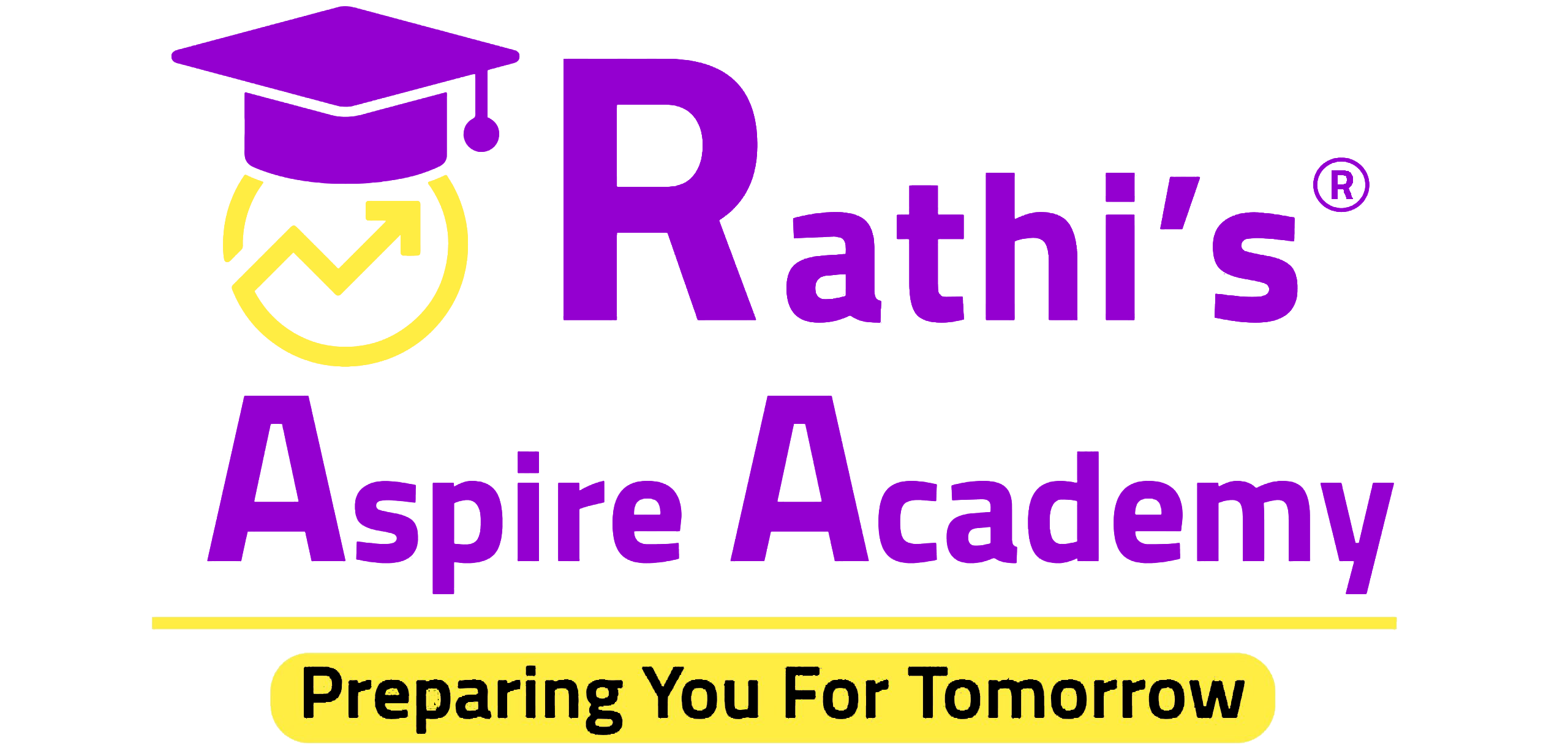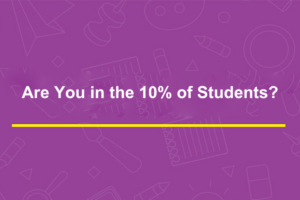Ultimate Guide for the Best Books for JEE: Main to Advanced

When preparing for JEE Main, choosing the right set of books is crucial for understanding the concepts and practicing a variety of problems. The selection of books is often based on the student’s proficiency level-beginner, intermediate, or advanced.
Here, we’ll break down the recommended books for Physics, Chemistry, and Maths into these three categories, along with reasoning for why each book is suitable for a particular stage.
The Best Books for Physics, Chemistry, and Maths
Here we’ll suggest some of the most well-known books in the market that are used by toppers. These books, for your convenience, are categorized into beginner, intermediate, and advanced levels.
Physics
1. Beginner Level: HC Verma or DC Pandey
HC Verma’s Concepts of Physics is widely recommended as the starting point for JEE aspirants. Its content is tailored to building fundamental concepts in a clear and structured manner. The theory is concise and followed by solved examples, which helps in grasping concepts. The exercises are divided into basic to intermediate problems, making them ideal for beginners.
DC Pandey’s Understanding Physics Series is great for practice as an alternative to HC Verma. It provides topic-wise questions that range from easy to challenging levels, making it perfect for reinforcing concepts. The book is designed to cover JEE Main and Advanced, with a special focus on objective-type questions.
Why These Books
HC Verma’s book is excellent for building strong foundational concepts with easy-to-understand language, clear theory, and a variety of problems. DC Pandey provides step-by-step solutions and practice sets, which are ideal for students just starting with JEE-Main-level physics.
2. Intermediate Level: Physics Galaxy by Ashish Arora
Once students are comfortable with HC Verma or DC Pandey, they can move to Physics Galaxy. It’s excellent for understanding complex topics like mechanics, waves, and electromagnetism in depth. The book offers a wide range of solved examples and challenging problems for each chapter, making it ideal for those looking to score high in Physics.
Why These Books
Physics Galaxy is designed for students who have a basic understanding but need deeper insight into topics. The book is detailed and has problem sets that cover a wide variety of question types, making it a good transition to a higher level.
3. Advanced Level: Problems in General Physics by IE Irodov
Irodov is a legendary book for advanced learners aiming for a perfect score in Physics. It includes some of the most challenging problems that require a deep understanding of concepts and strong problem-solving skills. Students who have completed HC Verma and Physics Galaxy can use Irodov to test their grasp of Physics.
Why These Books
Irodov is recommended only for students who have mastered the basics and are looking for highly challenging problems. It is ideal for honing problem-solving skills, and tackling its problems requires a strong conceptual base and a good mentor.
Chemistry
1. Beginner Level: NCERT Chemistry Books (Class XI & XII)
NCERT books are non-negotiable for Chemistry. They cover all the basics in a structured format and are mandatory for JEE Main preparation. The theory in NCERT is presented in a concise manner, with special emphasis on reactions, periodic properties, and organic chemistry basics. Many JEE Main questions are directly picked from NCERT, making it the best book for beginners.
Why These Books
NCERT forms the basics in students. Without the NCERT’s fundamentals, it is impossible to excel in Chemistry. Hence, NCERT is regarded as one of the most important initial studies for scoring well in JEE Chemistry.
2. Intermediate Level: Balaji Publications Books by MS Chauhan (for Organic Chemistry), P. Bahadur (for Physical Chemistry), and VK Jaiswal (for Inorganic Chemistry)
For students who have completed NCERT, the books from Balaji Publications offer an in-depth exploration of each branch of Chemistry. Elementary Problems in Organic Chemistry for JEE by MS Chauhan delves into the intricacies of reaction mechanisms and stereochemistry. It’s ideal for strengthening organic concepts with multiple-choice questions.
Advanced Problems In Physical Chemistry For JEE by P. Bahadur is excellent for intermediate-level physical chemistry. Problems in Physical Chemistry For Jee by Narendra Avasthi is also known for its extensive problem sets. It includes a detailed theory section followed by a variety of questions. However, Neeraj Kumar has higher-level problems and is another good book.
Problems in Inorganic Chemistry for JEE by VK Jaiswal is aimed at mastering the factual and concept-based questions in Inorganic Chemistry; this book is recommended for intermediate learners looking to deepen their understanding.
Why These Books
These books focus on JEE-specific topics and problems. Narendra Avasthi’s Physical Chemistry offers a systematic approach to numerical, while M. S. Chouhan’s Organic Chemistry is excellent for reaction mechanisms and concept applications. VK Jaiswal’s Inorganic Chemistry provides detailed explanations of periodic properties and compounds, making it a good choice for intermediate students.
3. Advanced Level: Advanced Problems in Organic Chemistry by MS Chauhan, Problems in Physical Chemistry for JEE Main and Advanced by Neeraj Kumar, Concise Inorganic Chemistry by J. D. Lee
These books are meant for those who want to master all three branches of Chemistry at an advanced level. It includes high-level problems, reaction mechanisms, and synthesis questions that go beyond the usual JEE Main syllabus. Use this book only if you are aiming for a top rank. But again, in Chemistry, NCERT is very very important, especially for inorganic chemistry.
Why These Books
These books are suitable for those looking to gain a deeper understanding and practice highly complex organic problems. It’s packed with advanced-level questions, ideal for refining problem-solving strategies. Once all concepts are clear and you are set to solve tricky questions, these books help you train with even higher-level problems.
Mathematics
1. Beginner Level: Class 11th (Vol. I) & Class 12th Mathematics (Vol. II) by R.D. Sharma
For the fundamentals, start with R.D. Sharma, but don’t spend time on pointless little problems. Concentrate on difficult tasks that put your comprehension and problem-solving abilities to the test. That will first enable you to advance and succeed in maths. To further hone your abilities, eventually, go on to more advanced textbooks and practice material.
Why These Books
Fundamental theories, especially the 11th standard’s syllabus, are extremely crucial for mathematics. Without knowing these concepts, you can not solve complex problems. Students whose basics are weak, often take too much time to solve problems which ultimately leads to not being able to complete the question paper in the exam. You definitely wouldn’t want to end up like that !!
2. Intermediate Level: Cengage Mathematics Series
The Cengage series is a favorite for beginners as it breaks down complex topics into simple, understandable sections. Each book in the series—covering topics like algebra, trigonometry, calculus, and coordinate geometry—provides theory with solved examples, followed by graded problems. This makes it a perfect starting point for building a strong foundation in Maths.
Why These Books
Cengage’s series offers comprehensive coverage of theory and a wide range of practice problems. The books are designed to build a strong base for intermediate learners, covering all the fundamentals required for JEE Main.
3. Advanced Level: Problems Plus in IIT Mathematics by Asit Das Gupta
For advanced learners, Problems Plus in IIT Mathematics and the Black Book of Balaji Publication are the books of choice for mastering various concepts. It is ideal for students aiming to solve advanced problems. These books are highly recommended for aspirants targeting high ranks in JEE Main and Advanced. This book is proven and has existed in the market for a long time. It is like the Irodov of mathematics !!
Why These Books
For students targeting advanced-level preparation, A Das Gupta’ss book is known for its rigorous approach and complex problem sets. In contrast, the black book series is also very famous in the market, A. Das Gupta is more advanced, proven, and reliable. It’s recommended for those who want to refine their mathematical problem-solving abilities.
PYQ (Previous Year Question) Books
PYQs are irreplaceable for IIT JEE. Below are two good PYQ books; you may consult any one of them:
- Arihant 47 Years IIT-JEE | JEE Main & Advanced (1978-2024): Arihant’s collection of previous year’s question papers is considered one of the best resources for understanding the JEE Main pattern. The solutions are well-explained, making it easier for students to comprehend the approach required for solving typical JEE questions.
Suggestions on How to Solve PYQs
When practicing PYQs (Previous Year Questions), it is more beneficial to solve full syllabus papers rather than chapter-wise PYQs from the past 35-50 years. Also, solve papers till 2010, no need to go back till 35-50 years.
Focus on attempting the complete JEE Advanced papers on the same day in two shifts, simulating the actual exam conditions. This approach helps you develop time management skills and stamina for the 6-hour test, while also offering a realistic understanding of question patterns. Ideally, solve these papers during the same hours as the actual exam to acclimate to the JEE timing. This method is proven to enhance performance by improving endurance and problem-solving efficiency.
There are many books available for JEE preperation, but RAA recommends the above books. Regardless of the books you choose, it’s important to go through them thoroughly. Don’t panic if your friend has read a different book — focus on mastering the content from the books you’ve decided to use. Quality over quantity is key!
How RAA Can Help You !!
At RAA, senior faculties play a crucial role in guiding students on essential aspects of their JEE preparation. They recommend which books to refer to at each stage—whether you’re a beginner, intermediate, or advanced learner—and advise on how much to study and how to study effectively. Faculties also assist in setting a realistic study timetable, whether you’re in the early phases of preparation or in the critical last six months before the exam. As the exam nears, they provide expert tips on how to revise efficiently and maximize performance during exam week.
The RAA Library is well-stocked with all the recommended books mentioned earlier, ensuring students have easy access to the best resources. These books form the backbone of study material, but RAA’s notes complement them by providing a comprehensive mix of basic to advanced questions, covering all difficulty levels. RAA notes also include Previous Year Questions (PYQs), detailed theory, memory maps, summaries of chapters, and important formulas. This structured content ensures that students don’t miss out on any critical information. In addition to that, RAA’s Online Test Series is another excellent resource, designed to simulate the actual exam environment
Final Sum-Up
Choosing the right books is the first step towards a solid preparation strategy for JEE. It’s essential to begin with a good understanding of concepts using beginner-level books and gradually progress to intermediate and advanced resources. Regular practice with PYQ books will further help in assessing your preparation and adjusting your study plan. By following this structured approach, you can systematically strengthen your knowledge base and improve your chances of achieving a high score in JEE.



